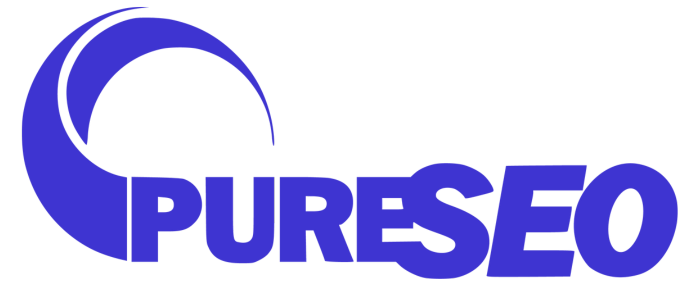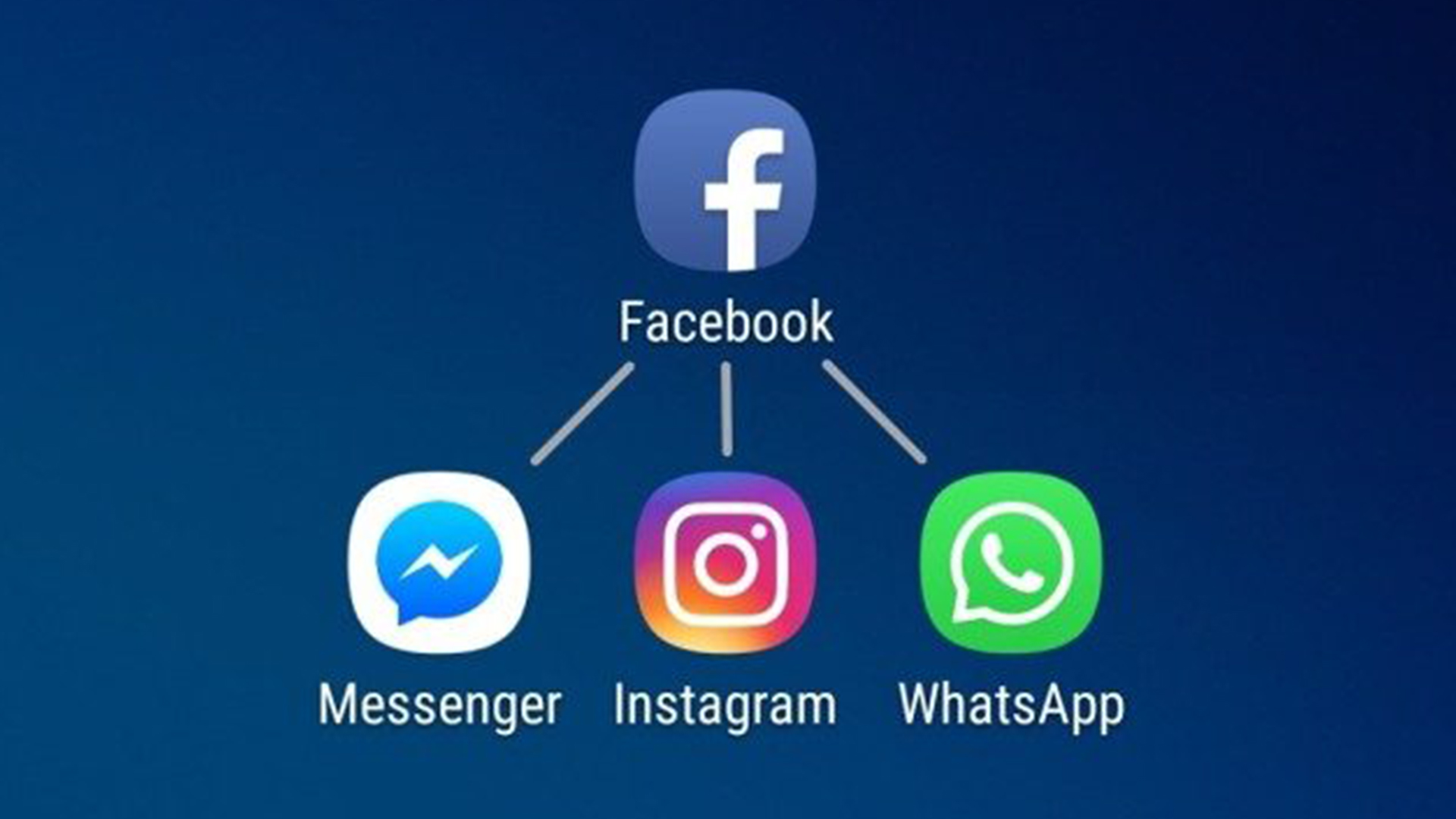
These days, SEO is changing and growing faster than ever, and our strategies for optimization have to change too. Rather than reverse engineering content that ranks by dissecting Google’s algorithms, we’re starting to find that we need to go beyond finding keywords, instead delving into the meanings behind them.
The general industry consensus is that the psychology of user intent is going to grow in importance as we enter the age of semantic search. Today, we’re looking at exactly what semantic search is, what it means for us, and what we can do about it.
Semantic Search: What Is It?
Essentially, semantic search is an umbrella term for the growing tendency for search engines to factor in user intent, and the wider context for keywords. It’s predicted that this will eventually include a search engine’s ability to infer details from unwritten subtext.
For example, you can ask a human “where is the hottest country?” and then ask, “how hot is it?” and they could probably guess from context that your second question relates to the first. Before the Hummingbird update in 2013, Google couldn’t bridge the gap of context between these two queries. Semantic search is a way for Google to make these leaps by referencing things like search history, location, etc.
Following Hummingbird, Google has implemented a machine-learning system called RankBrain, which rolled out in 2015. Since the addition of machine-learning, semantic search has had a solid handful of years to refine itself, and it continues to do so.
What Does This Mean for Us?
So far, we’ve seen this directly affect the popularity of voice search. As Google becomes better at understanding conversational, inferred subtext, voice search is able to return more accurate results, further increasing it’s already rising popularity.
On top of the movement toward voice search, we’d expect to see a shift away from keywords toward broader topics – it will eventually be more important to target the intent behind keywords, than the keywords themselves. If you can build content that directly addresses user intent, you will theoretically be able to target a whole audience using different keywords at once, as they are united by the same fundamental queries.
What Are We Able to Do About It?
For now, this means both content and technical search engine optimisation are about as important as each other. Link building remains a vital ranking strategy, along with standard practice, like structuring data, improving page speed, etc.
Going forward, it will pay to have an eye on the future. Google continues to be driven by user experience, so the SEO industry should stay in step with Google’s ongoing priority for authentically helpful content.
As search engines continue to advance how they comprehend the vast amounts of data out there, trying to appeal to the algorithms alone isn’t viable. Instead, we need to optimize for users and search engines at the same time – if current trends continue, these two paths could eventually collapse into one.
Pure SEO Auckland – Your Local SEO Experts
The Pure SEO team are experts on all things SEO Auckland-wide. Contact the Pure SEO team today to receive your free consultation at 0800 SEARCH.

















